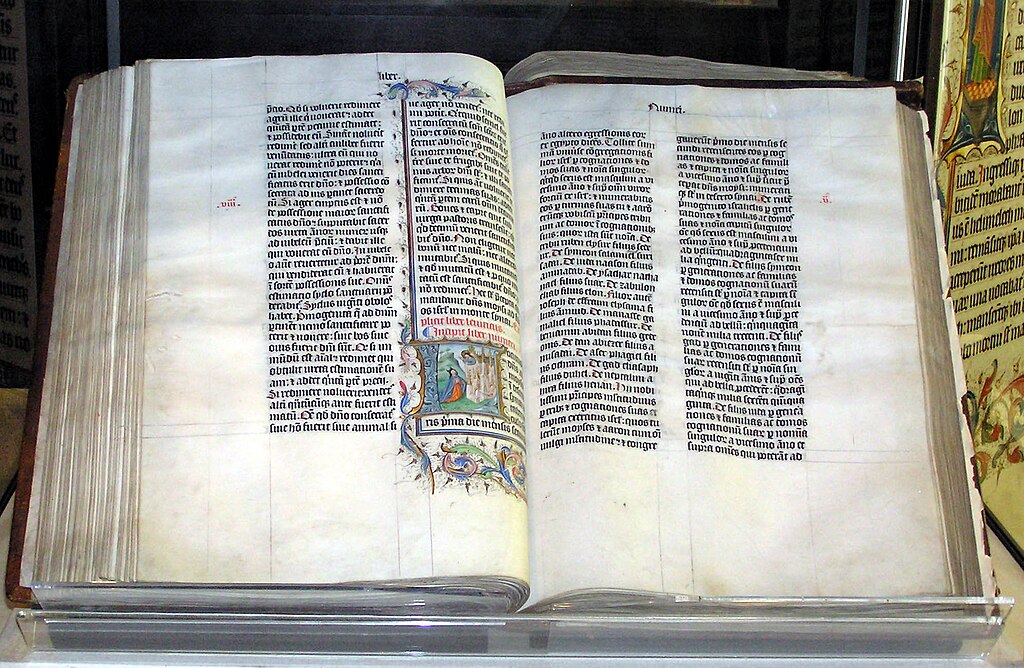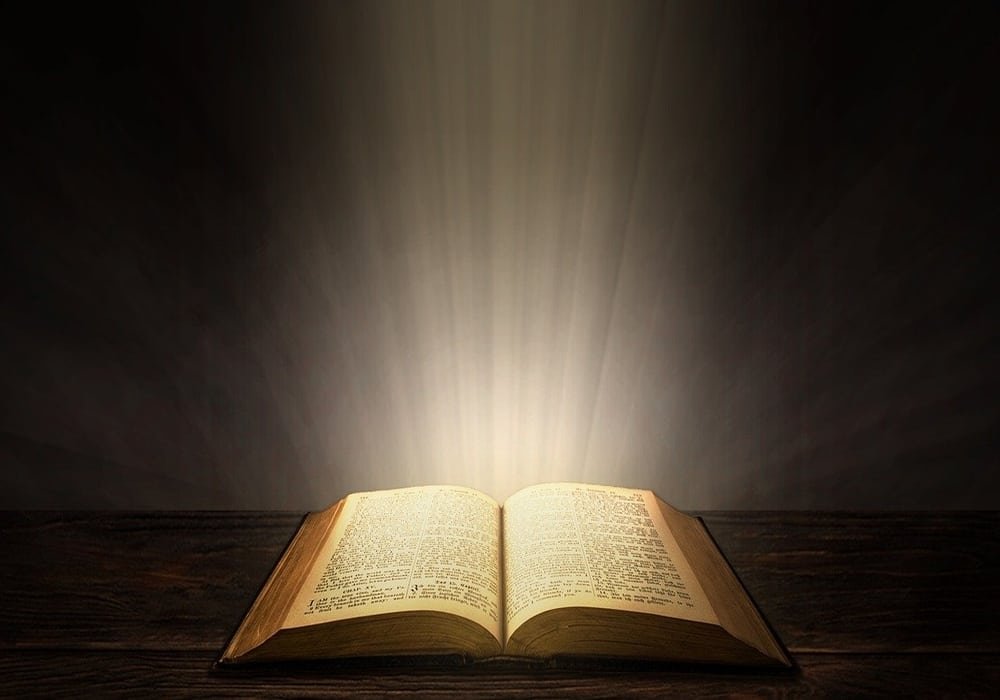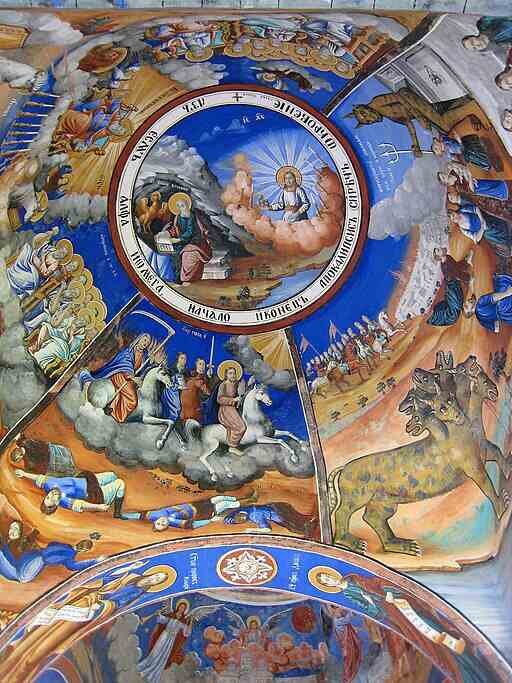The Bible
The Bible is a collection of sacred texts for Christians. Different denominations may include different books in their canons, in different order. The texts are made in simple English, so that we all can undertand very well.
In today’s digital age, access to vast knowledge and sacred texts has never been easier. For those seeking spiritual guidance, the Holy Bible holds a special place as a source of divine wisdom, comfort, and enlightenment. Thanks to modern technology, the complete Holy Bible is now available online, granting individuals the opportunity to explore its profound teachings with a few clicks.
Discover the Path to Spiritual Wisdom! Access the Complete Holy Bible Online – Unveil profound teachings, find comfort in divine words, and embark on a transformative journey of faith. Embrace the digital age’s gift, connecting with the sacred text anytime, anywhere. Uncover timeless truths and explore the depths of ancient wisdom within the pages of the Holy Bible, now just a click away!
The Old Testament
The Old Testament is the first major section of the Christian Bible, but it is also considered sacred scripture in Judaism. It comprises a diverse collection of religious texts and historical records that were written before the time of Jesus Christ.
The Old Testament contains 39 books that are further divided into several categories:
The New Testament
The New Testament is the second major section of the Christian Bible, focusing on the life, teachings, death, and resurrection of Jesus Christ.
The New Testament consists of 27 books:
The Bible brings together a very varied collection of writings (accounts of origins, legislative texts, historical accounts, sapiential, prophetic, poetic texts, hagiographies, epistles) the writing of which took place between the eighth century BC. AD and the 2nd century BC. AD for the Old Testament, and the second half of the 1st century, or even the beginning of the 2nd century for the New Testament.
Most common Protestant canon comprise 39 books; the Catholic canon comprises 46 books; the canons of the Eastern Orthodox and Oriental Orthodox Churches comprise up to 49 books.
Read also: Letters of Paul | The Pauline Epistles
There are 39 books common to all the Christian canons. They correspond to the 24 books of the Tanakh, with some differences of order, and there are some differences in text. The additional number reflects the splitting of several texts (Samuel, Kings, Chronicles, Ezra–Nehemiah, and the Twelve Minor Prophets) into separate books in Christian bibles. The books that are part of the Christian Old Testament but that are not part of the Hebrew canon are sometimes described as deuterocanonical.

A Bible handwritten in Latin, on display in Malmesbury Abbey, Wiltshire, England. The Bible was written in Belgium in 1407 AD, for reading aloud in a monastery. Arpingstone, Public domain, via Wikimedia Commons
The Old and New Testaments
The Old Testament serves as the foundational religious text for both Judaism and Christianity. It provides historical accounts of God’s relationship with the Israelite people, their laws, and the prophecies concerning the Messiah (anticipated by Christians as Jesus Christ).
The New Testament, on the other hand, centers on Jesus Christ as the fulfillment of the Old Testament prophecies and promises. It introduces the teachings of Jesus, his crucifixion, and his resurrection, as well as the spread of Christianity through the early church.
Together, the Old and New Testaments form the Bible, which holds deep spiritual and cultural significance for billions of people around the world. These texts are essential in shaping religious beliefs, moral values, and the understanding of God’s relationship with humanity.
Sources: Biblica, Bible Study Tools, Wikipedia
Photo source: Pixabay



